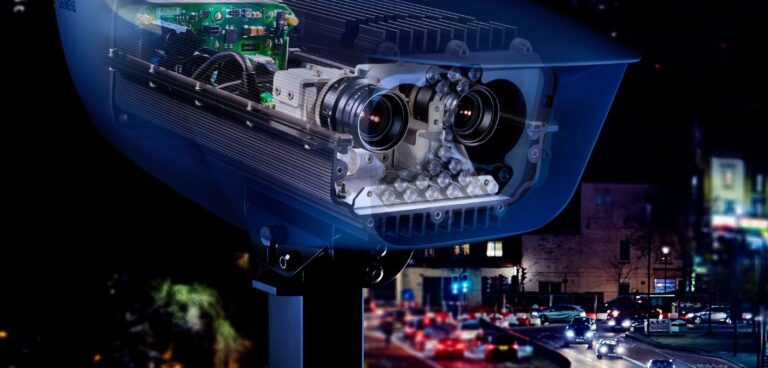Portsmouth City Council has awarded Siemens Mobility a contract to design a clean air zone (CAZ) to the south west side of the city.
The implementation of a CAZ is planned to ensure the city achieves compliance with legal limits of nitrogen dioxide levels in the shortest possible time.
Siemens Mobility said it is working with the council, central government’s Joint Air Quality Unit and other programme partners to design a “robust and reliable” CAZ solution, which will use the company’s automatic number plate recognition (ANPR) camera monitoring and enforcement technology and expertise to improve air quality in the city.
The scheme is designed to discourage drivers of the most polluting buses, coaches, lorries, taxis and private hire vehicles from entering the zone and encourage them to upgrade to cleaner, low- or no-emission vehicles.
Cllr Dave Ashmore, Portsmouth City Council’s cabinet member for environment and climate change, said: “Improving cleaner travel options is essential to the future of our city, so I’m pleased that Siemens Mobility will bring their vast experience of clean air zone solutions and ANPR technology to the design of the Portsmouth CAZ.
“We must all take action to improve air quality and the CAZ is a significant part of the work we’re doing to tackle air pollution in the city. This is supported by a number of other activities, including providing more EV charge points and retrofitting over 100 local buses so they meet cleaner Euro 6 standards.”
Siemens Mobility’s Sicore II ANPR cameras will be at the heart of the scheme and will be installed at 42 locations across the zone.
The cameras will identify and register every vehicle that enters the zone, with the information captured then being interfaced with the UK government’s national CAZ database for vehicle checking and payment.
Portsmouth City Council carried out a public consultation regarding its plans in July and August 2020. With site surveys now underway, the Portsmouth CAZ is expected to be ready for live testing in August 2021, with full implementation planned for November 2021.





